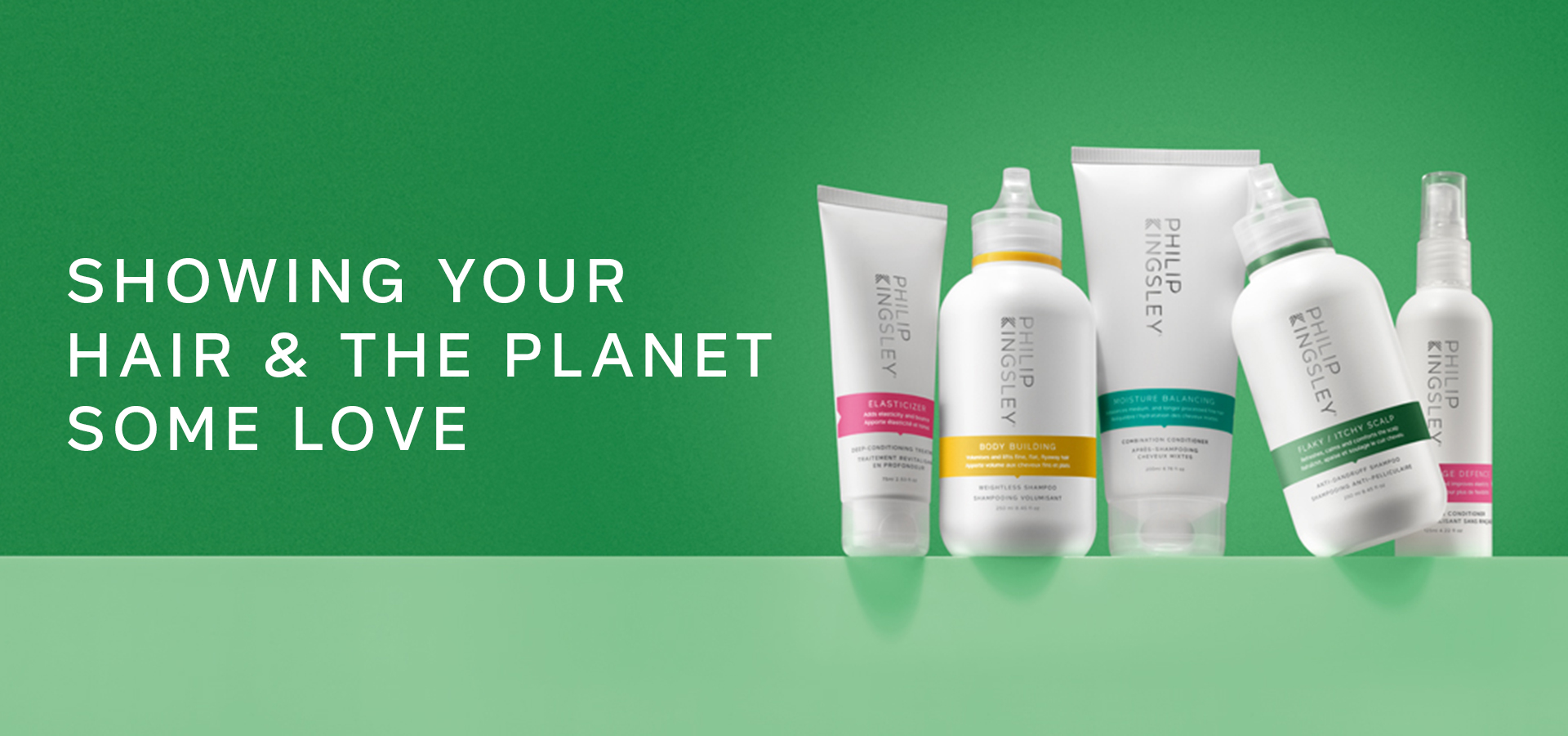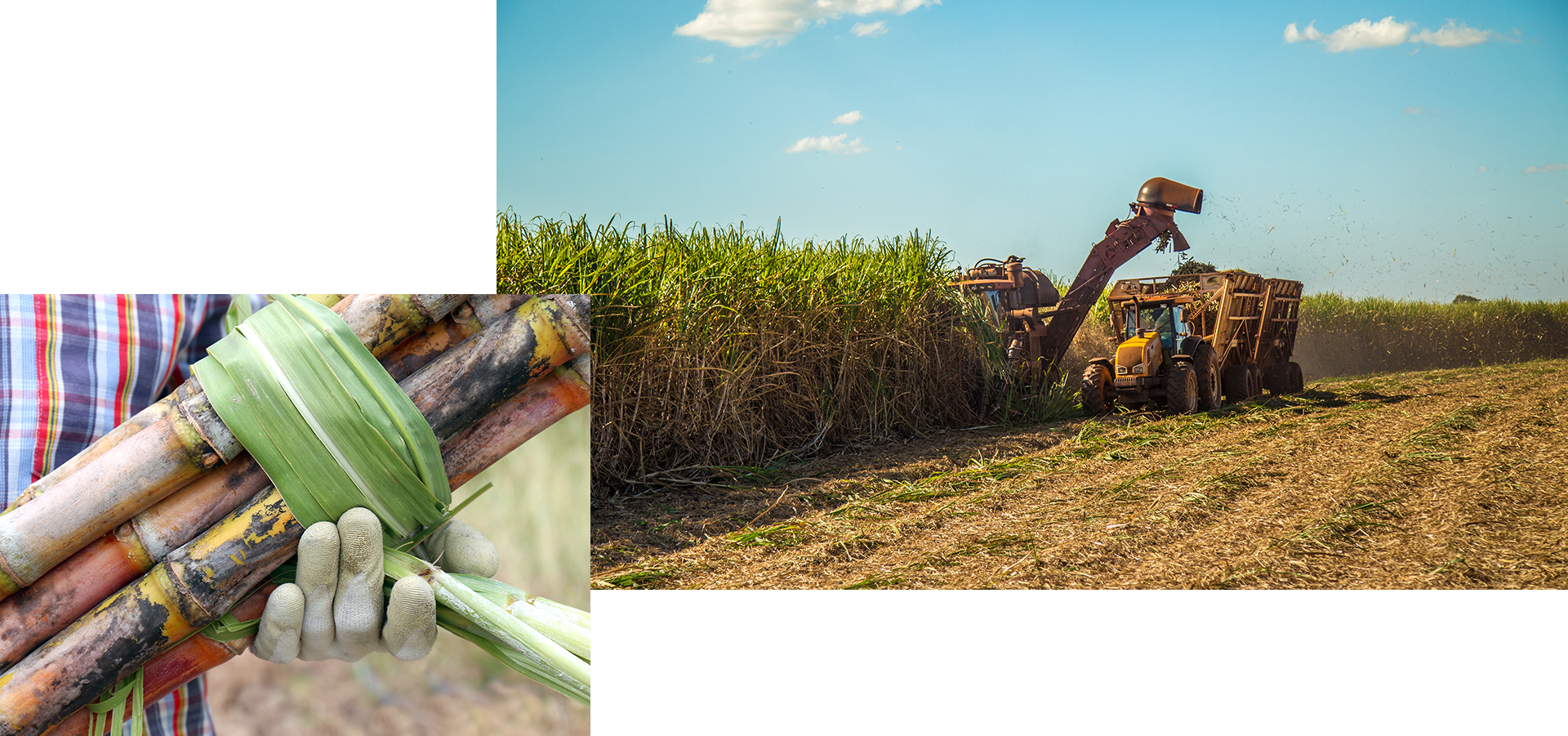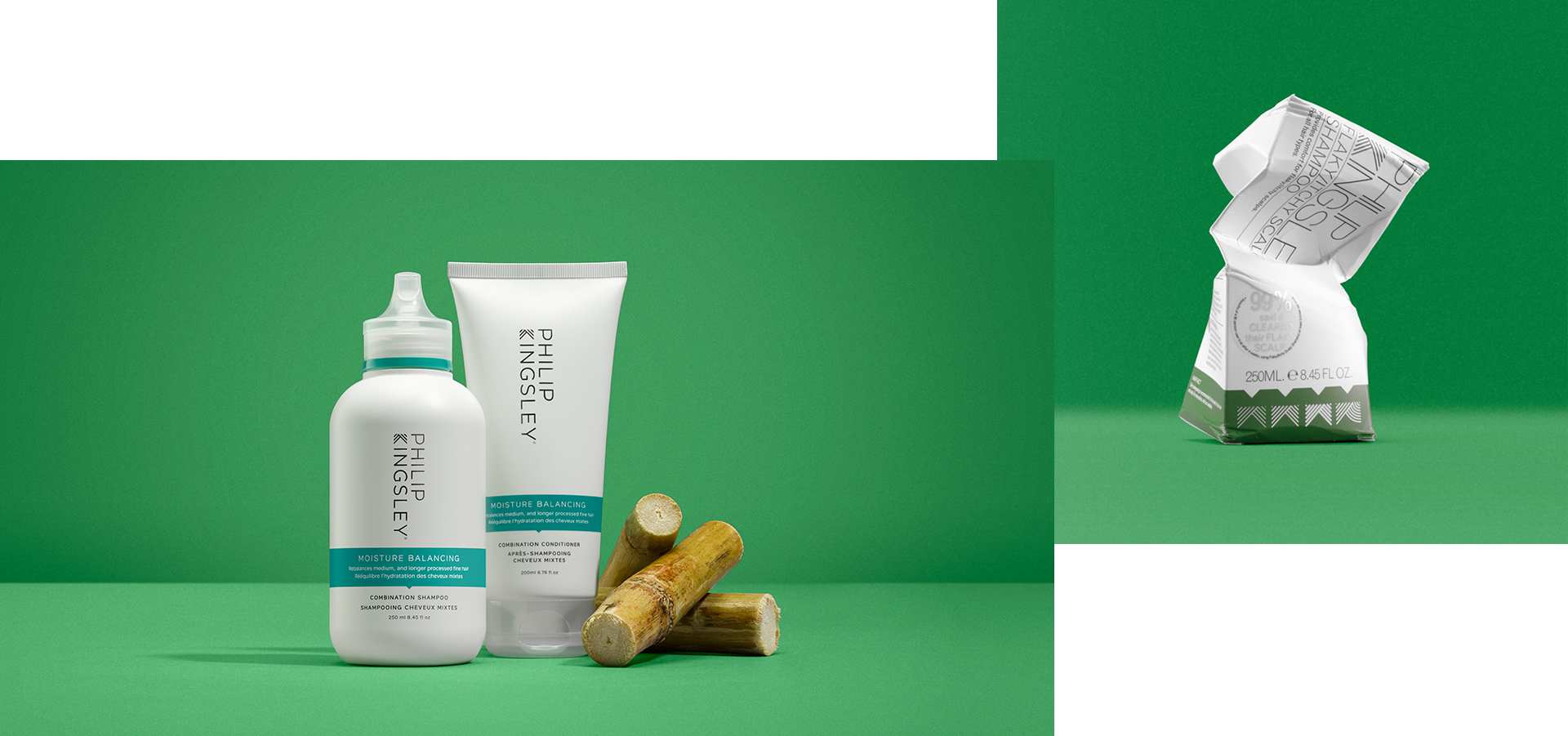The new Philip Kingsley packaging

As a family-owned business, we care deeply about the future of our planet. We are committed to reviewing our product portfolio and developing sustainable, ethical products that are manufactured in a sustainable, ethical way - now and moving forward. That's why we chose to produce our new beautifully designed bioplastic bottles from sugarcane. It's just the beginning, but it has an immediate impact on reducing carbon emissions to a large extent.
"Over a million Philip Kingsley bottles are produced annually, now made from renewable bioplastics"
Our choice to switch to 100% recyclable bioplastic is driven by the increasingly visible collective need to address the climate crisis, particularly in the hair care industry which produces a large number of plastic bottles. It is the most practical and safe way to share our products with our customers and now we have made it climate positive.

"Producing bottles from natural, renewable resources"
In our quest for more sustainable solutions, we researched all the sustainable alternatives. Did you know that despite the perception that glass is a more planet-friendly option, it has a much higher carbon footprint due to its weight and density? Plus, it uses more carbon to recycle. Conventionally produced plastic is certainly not planet-friendly, but bioplastic made from ethanol derived from sugarcane is better for the planet. It’s not the cheapest option, but it’s the right choice for Philip Kingsley and the planet.
"Renewable material, same superior product"
Plastic is typically made from ethanol extracted from crude oil, a rapidly depleting non-renewable resource that emits large amounts of carbon during the refining process. Our bioplastic is made from ethanol, a natural byproduct of the sugar industry, and is a renewable, recyclable, and more sustainable option. Our recipes are happy in their new bioplastic homes, and we think they’ll be happy in yours too (just remember to rinse them out and put them in the recycling bin when you’re done).

"Carbon emissions? We prefer carbon omissions"
Perhaps most importantly, the process of producing sugarcane plastic is carbon negative. This is because for every kilogram of I'm green™ Polyethylene used, more than 5 kilograms of CO2 are absorbed from the atmosphere through photosynthesis during the sugarcane's growth phase. Carbon emissions are one of the biggest contributors to global warming, and using plastic derived from sugarcane means we significantly reduce our carbon footprint.
"And that's not all. We've eliminated the majority of our cardboard boxes so you don't have to."
Let's be honest, the outer packaging goes straight to the recycling bin as soon as you open your gorgeous new hair products. We've also removed 95% of the cardboard boxes from the shelves. We're working on the remaining 5%, but in the meantime we've switched to FSC-certified stock, supporting sustainable forestry. That's the first step.
Source: www.philipkingsley.co.uk


